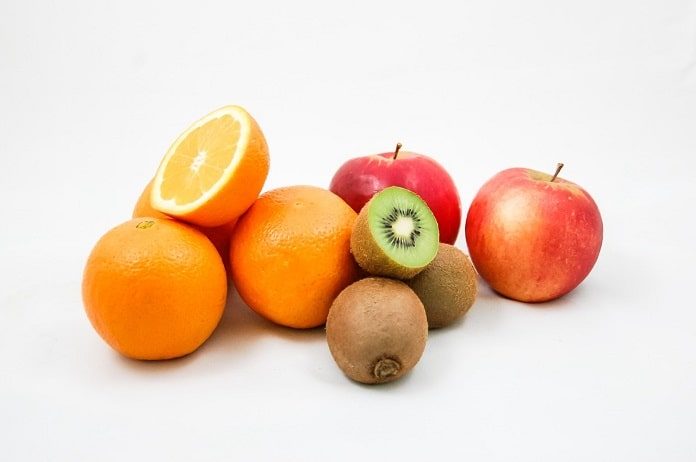In a recent study published in the American Journal of Clinical Nutrition, researchers studied the connection between vitamins, carotenoids, and cataracts.
Age-related cataracts have been contributing to 35% of all blindness throughout the world. Many have opted to have cataract extraction surgery to restore their vision, but it will cost upwards of $5.7 billion dollars between 2010 and 2020.
Due to this alarming rate, researchers evaluated the link between nutrients and cataracts to determine any nutritional risk factors that place individuals at risk of age-related cataracts. They hoped that their findings would help delay the start of age-related cataracts and thus lowers the costs of cataract surgery and the number of people who need it.
In a recent study published in the American Journal of Clinical Nutrition, researchers reviewed previously published randomized trials to evaluate the link between dietary nutrients and age-related cataracts. Researchers reviewed a total of 13,645 published articles and found only 20 articles (eight randomized trials and 12 cohort studies) eligible for further review. Of the 20 articles found eligible, five studies were conducted in North America, two in Finland, and one in Australia.
The participants in the studies were over the age of 40. Researchers reviewed six trials for vitamin E supplements and four trials compared the effects of beta-carotene with a placebo. The researchers provided study participants with food frequency questionnaires as an assessment.
The review found that increasing the intake of certain vitamins and nutrients can reduce the risk of age-related cataracts. However, this review had many limitations. One limitation was participants with higher vitamin intakes were more likely to follow certain healthy behaviours.
Despite some inconsistencies among the studies, the findings do support the benefits of eating fruits, dark green vegetables, capsicum, carrots, and tomatoes to delay the start of age-related cataracts. This study provides a foundation for future studies regarding cataracts and nutrient intake.
Written by Nicole A. Brown, MS
Reference: Jiang, H., Yin, Y., Wu, C.R., Liu, Y., Guo, F., Li, M., Ma, L. (2019). Dietary vitamin and carotenoid intake and risk of age-related cataract. American Journal of Clinical Nutrition. Retrieved from doi: 10.1093/ajcn/nqy270.



